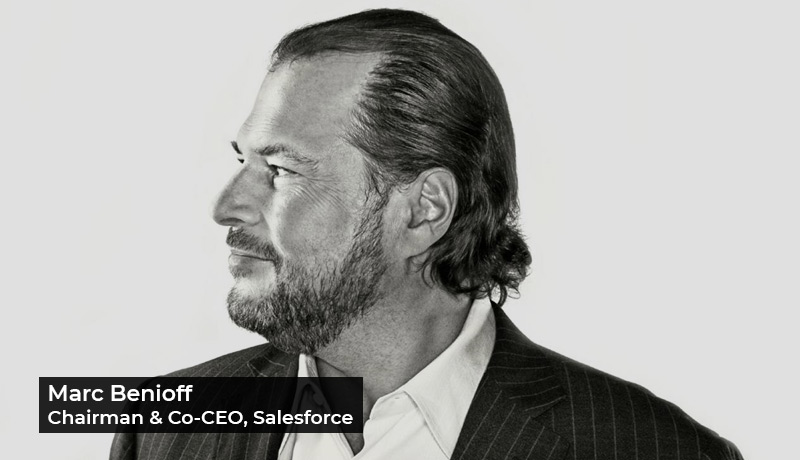
Marc Benioff, Salesforce Chairman and Co-CEO, addressed a vital point during his recent Dreamforce speech in San Francisco: “How can we create more trust?”
According to Benioff, the world is currently experiencing a trust crisis, and every company must take action. Indeed, according to Edelman’s 2021 Trust Barometer, trust has declined in nearly every industry sector in the last year, including healthcare. The cost of trust is particularly high in the healthcare and life sciences industries, where trusted connections can mean the difference between getting vaccinated and not being immunized, between wellness and disease, and even between life and death.
Salesforce polled over 12,000 customers in 13 countries for the newest edition of its Connected Health Consumer Report to better understand the role of trust in these key industries and what trusted health firms are doing differently.
Here are a few of the report’s key points:
While the pandemic has a broad influence on healthcare and life sciences industries, consumer trust in 2021 will vary by industry. As the daily applause for healthcare workers may have hinted, consumers trust healthcare providers the most, with 85 percent saying they trust them somewhat or entirely.
Despite the fact that pharmaceutical companies generated great advances during the pandemic, including the delivery of the first FDA-approved mRNA vaccines, consumer faith in pharmaceutical businesses was at an all-time low. Only 58 percent of health customers have faith in the pharmaceutical corporations with whom they deal. Even fewer people — one out of every ten people who have a prescription — have perfect faith in pharmaceutical corporations.
Trust is, of course, more than a “good to have” — it’s tied to specific, desirable consumer actions. Consumers who have a trustworthy relationship with a health institution are far more inclined to contribute relevant, non-medical information such as nutrition habits or transportation access, according to Salesforce’s research. This is true of insurers, providers, medical technology businesses, and pharmaceutical corporations, with a notable divergence in the pharmaceutical industry.
Furthermore, consumers with trusted relationships indicate much more interest in using other health services, such as reminders to take medicine or participating in patient support programs, when compared to consumers who do not trust pharmaceutical businesses.
For example, 71 percent of patients with prescriptions who have complete faith in pharmaceutical businesses want information about their sickness or condition from them, compared to only 27 percent of patients with prescriptions who have no trust in pharmaceutical companies. Many people would rather seek advice from their doctors, relatives, or even social media. Despite this, 48% of consumers believe the health business prioritizes its own needs over the requirements of its end customers.
This is why it’s so important to cultivate relationships across many channels, such as pharma salespeople communicating with healthcare providers.
According to Liz Theophille, Chief Technology Transformation Officer at Novartis, “Digital engagement with healthcare providers is important particularly in light of COVID-19 accelerating acceptance of technology in arenas that previously were uncharted.”
Being able to build relationships with consumers across channels is all part of today’s new trust landscape.
Your health is more than just your blood pressure or BMI. Social determinants of health, such as socioeconomic status, transportation access, eating habits, and health literacy, all play a role in health outcomes.
Consumers have a higher level of trust in businesses that customise services based on medical and non-medical health characteristics. According to Salesforce’s research, trusted doctors are twice as likely to ask patients about non-medical requirements that affect their health as providers with lower consumer trust. This suggests that, in order to maintain confidence, health institutions must have a comprehensive awareness of the people they serve.
“Because many patients’ routine care was interrupted by the pandemic, it’s important to be able to stay in touch so nothing falls through the cracks,” said Katie Logan, Chief Consumer Officer, Piedmont Healthcare.
He added, “Making sure these communications are personalized and timely is key.”
Indeed, 97 percent of consumers believe it is critical for their suppliers to keep track of their progress, even during times of disruption.